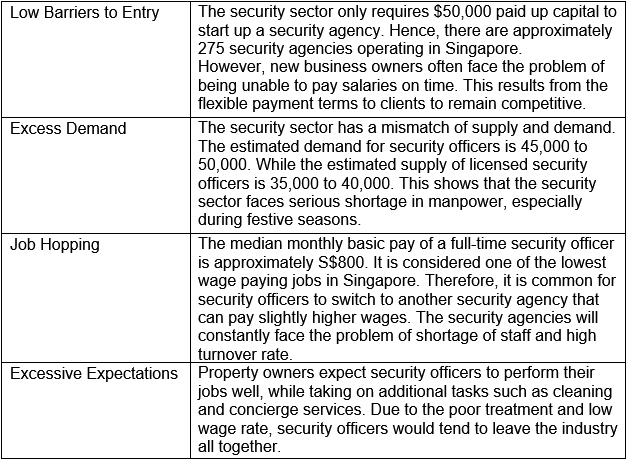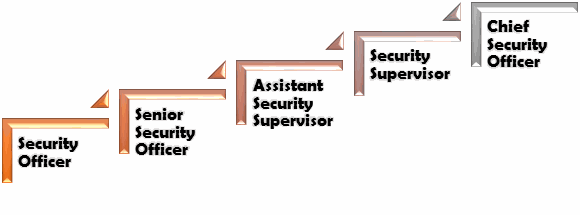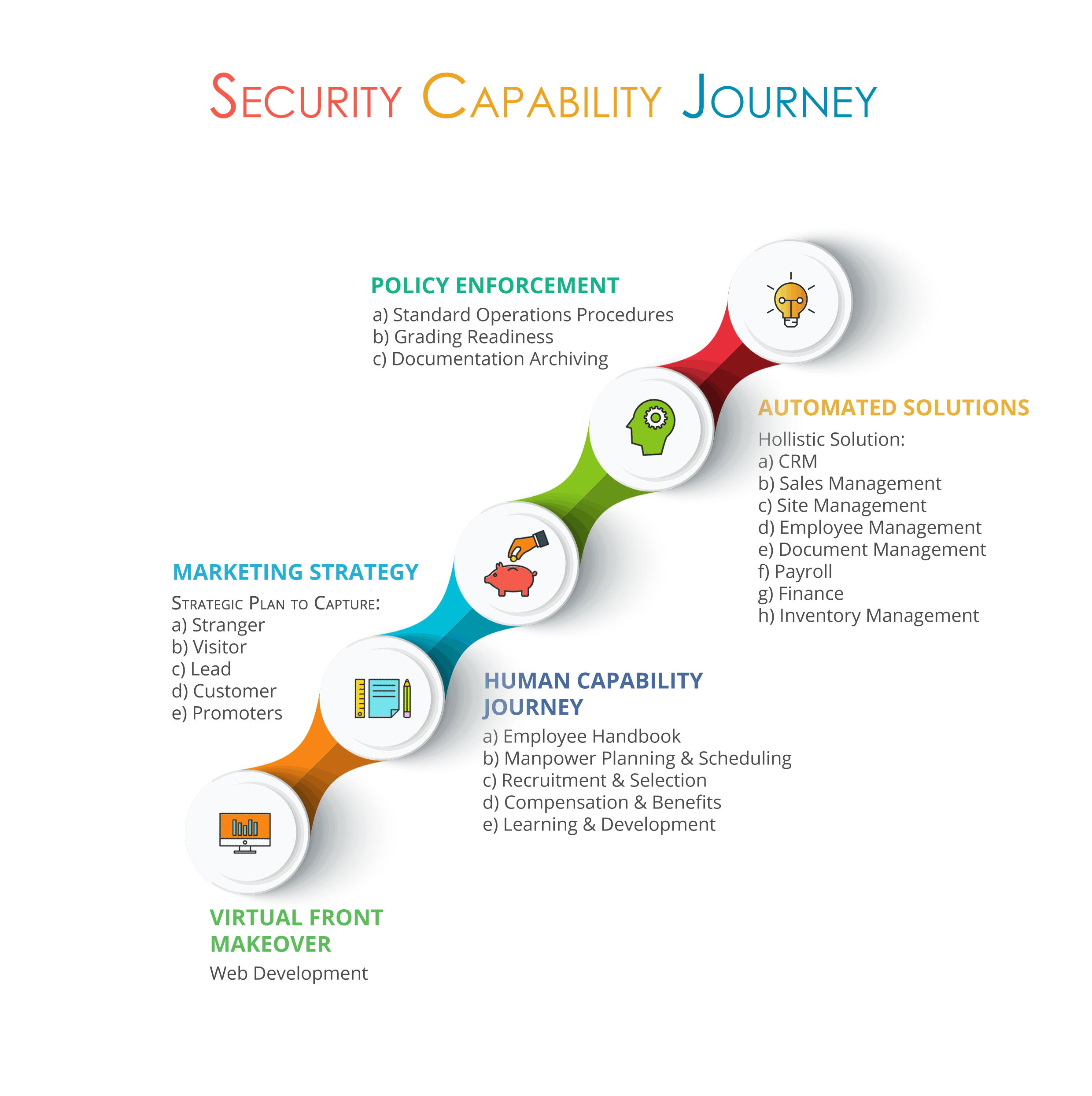SECURITY LANDSCAPE OVERVIEW
The security sector in Singapore suffers from chronic structural problems. The nature of the industry does not only involve the heightened competition among security firms, but also for security staffs. The security sector is facing worsening manpower shortage.
There are about 33,000 active security officers in Singapore, of which 29,000 are Singapore citizens and permanent residents. These numbers include the part-time security officers, which is said to form 30 per cent of all active security officer. The primary role of a security officer is to provide a safe environment, by preventing crime and violence. The presence of a security officer on the premises often serves as a deterrent to potential lawbreakers.
There are mainly 4 major challenges faced by the security sector:
The security sector includes public and private security officers. Public security officers are police officers, detectives and sheriffs. Private security officers usually work for a firm that provides security personnel to numerous types of businesses, or you could work for the business directly. The various types of businesses that require security officers are malls, banks, stores, schools, housing estates, events, and airports, to protect the business and the general public against theft, destruction, or other types of harmful activities. There are also cyber security officers that are highly trained with the use of computer systems and mobile devices, allowing them constant real-time communications capabilities. The responsibilities of a security guard also differ from one security job to another. Security officers may either be required to patrol parking lots, or stationed in a special room to watch television monitors connected to various security cameras throughout the premises, or drive a security vehicle.


Security Enforcement System
Security companies are mandated to meet the Progressive Wage Model requirements for security officers, starting from 1 September 2016. This applies to all resident security officers engaged under licensed security agencies, regardless of full-time, part-time, temporary, or casual employment. Security agencies that do not comply with the Progressive Wage Model requirements will be unable to have their license renewed.
The Progressive Wage Model provides a clear career progression pathway for security officers. They will be able to earn higher wages by improving their skill set and take on higher job responsibilities. Under the Progressive Wage Model, the basic monthly salary for a full-time security officer would be increased from S$800 to S$1,100. Thus, security agencies will be able to better attract and retain workers. In addition, service buyers can look forward to higher quality security services from better-skilled security workforce.

WHY SHOULD AGENCIES EMBARK ON THE SECURITY CAPABILITY JOURNEY?
We believe that the Security Agency industry needs to have recognition on their efforts made towards the provision of highly qualified and affordable security guards services. As a business entity it is important to understand the overall health check for the organization whereby there is an evaluation of a agency’s strengths and areas of improvement. We understand the various challenges met by the security industry and therefore the initiative of Security Capability Journey. The objective of the journey is to assist security agencies to eventually obtain A grade from the Police Licensing & Regulatory Department. The team will assist agencies in exploring the five core aspects namely Virtual Front makeover, Marketing Strategy, Holistic Automated Solutions, Policy Enforcement and last but not least Human Capability Building where the important of management being the asset of the organization.

